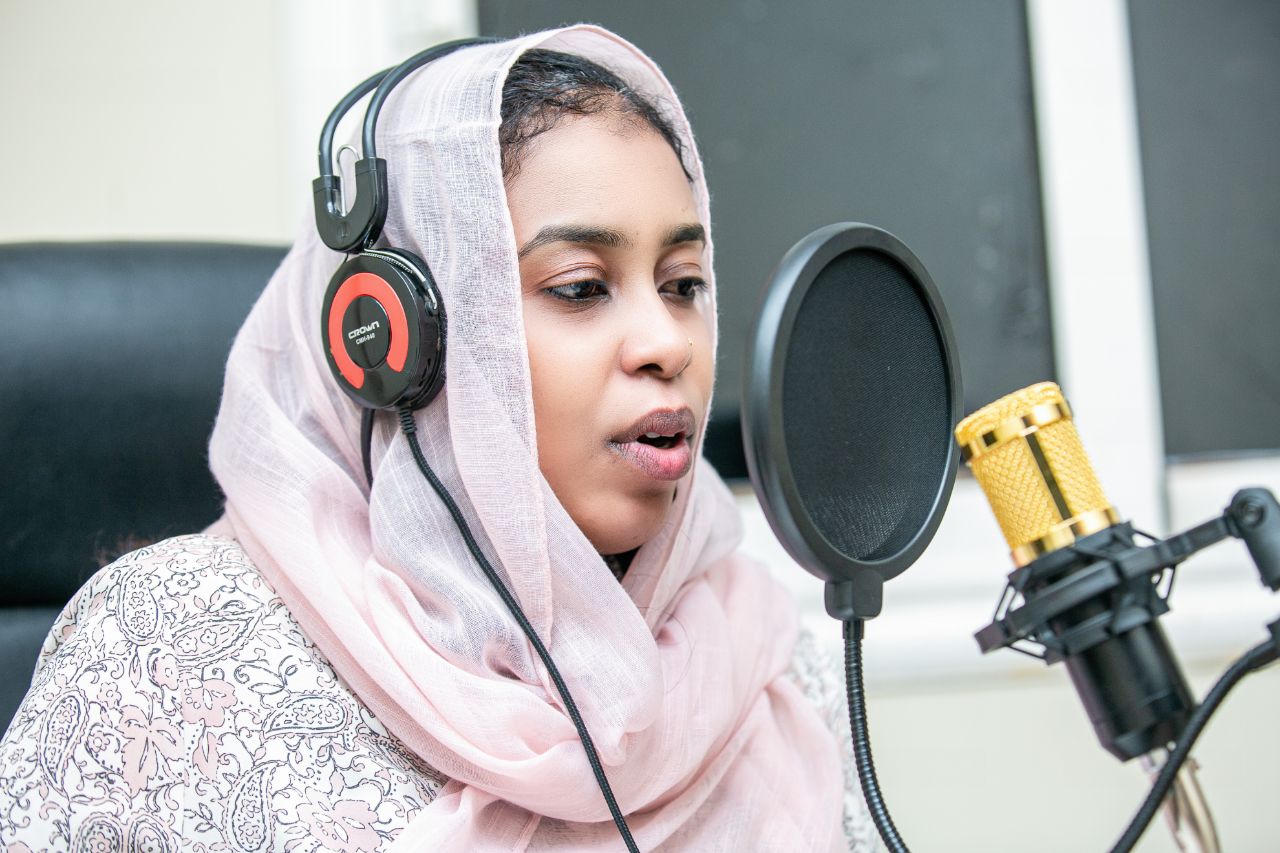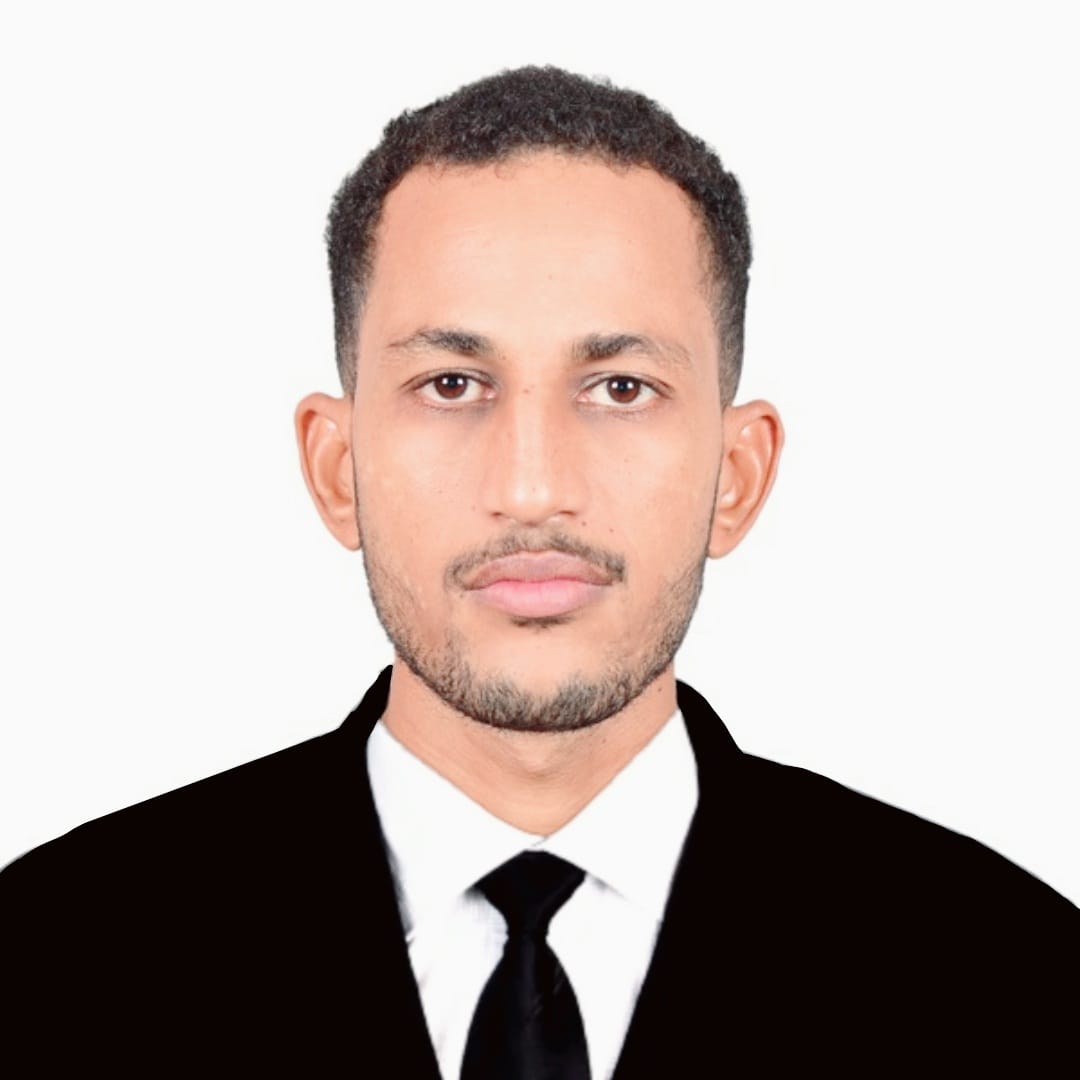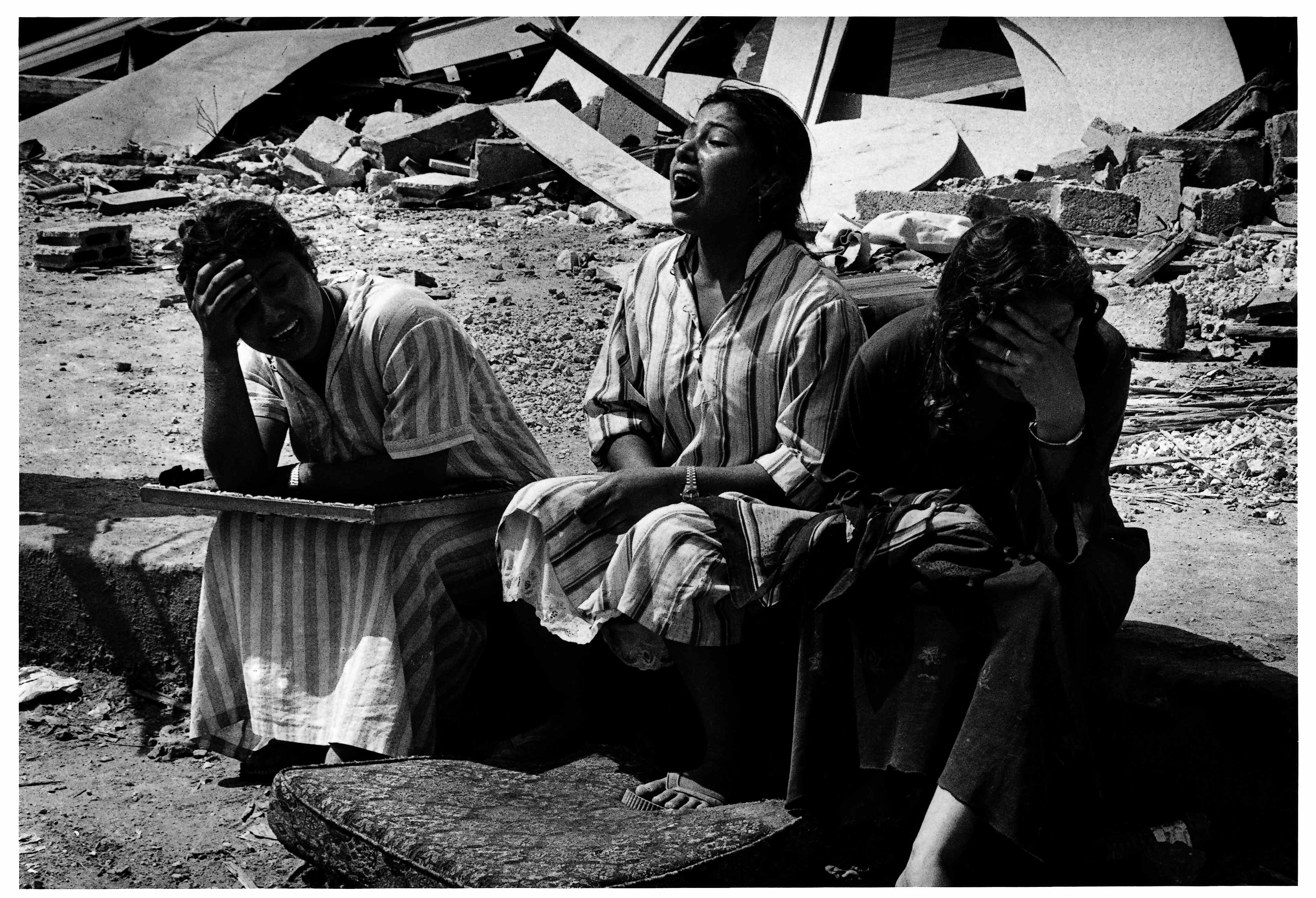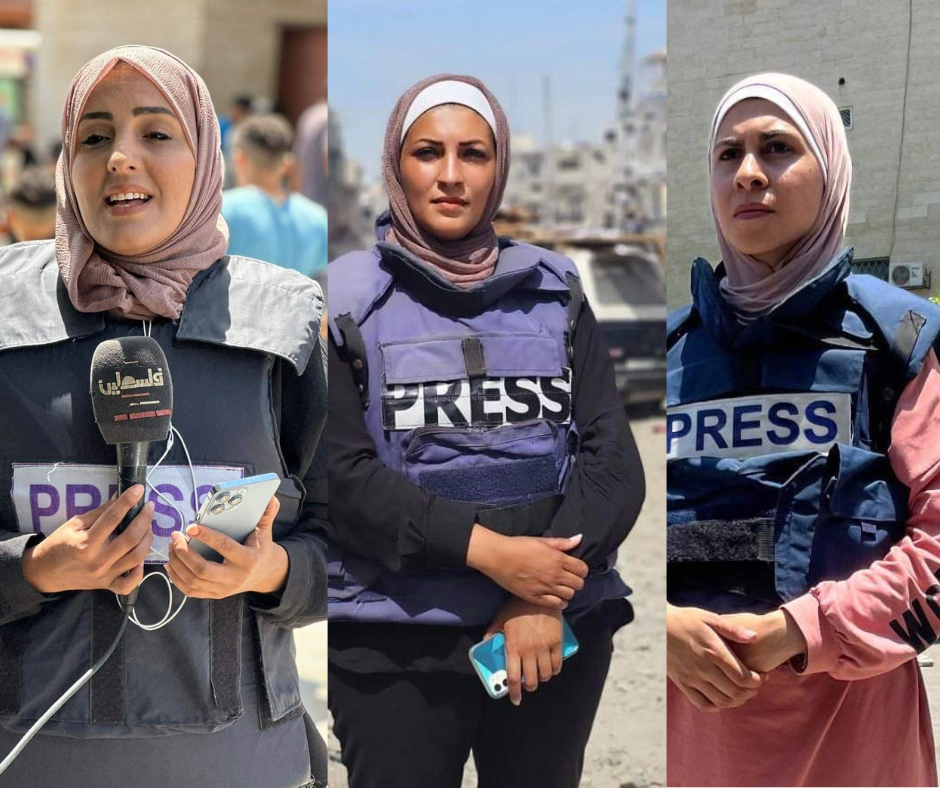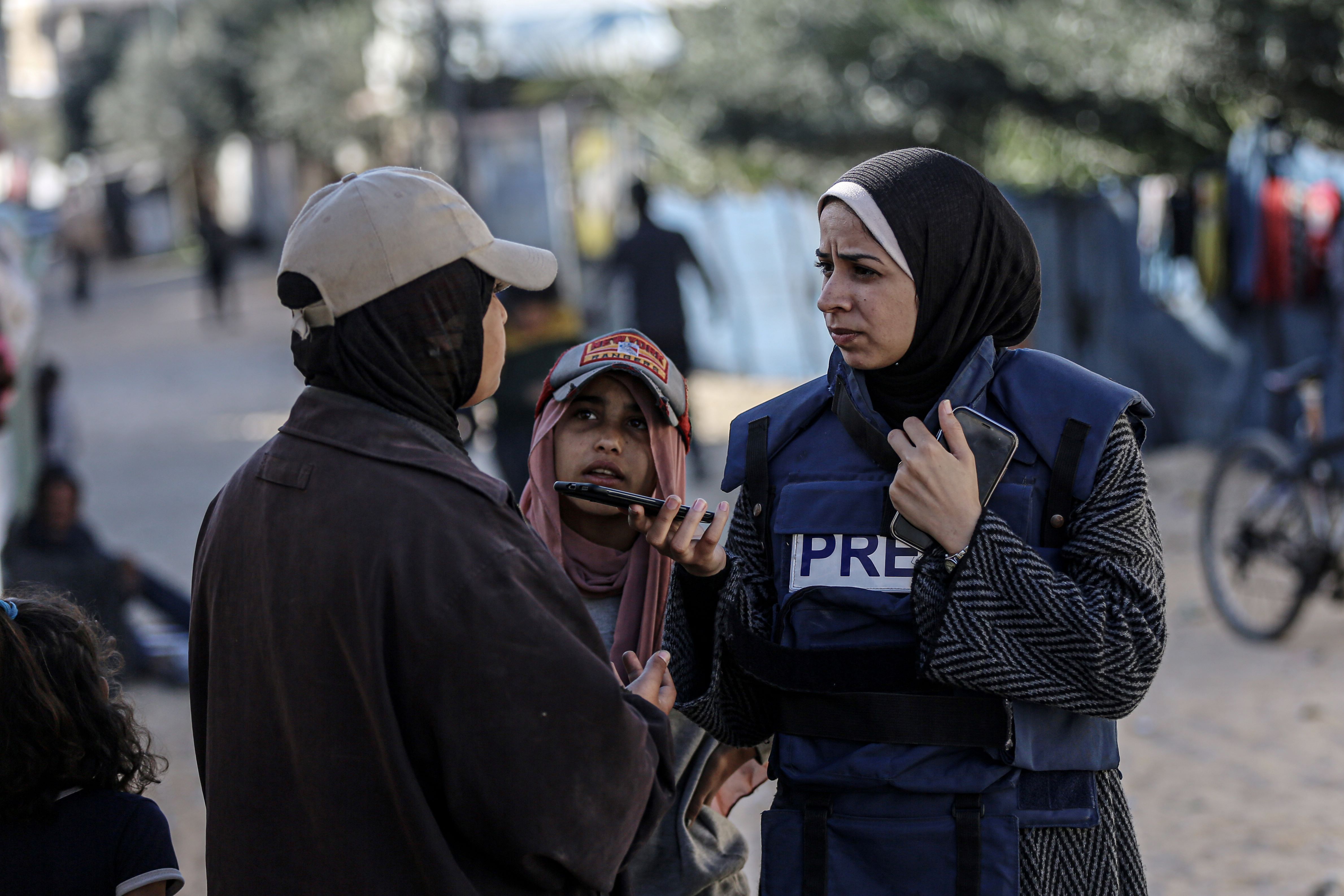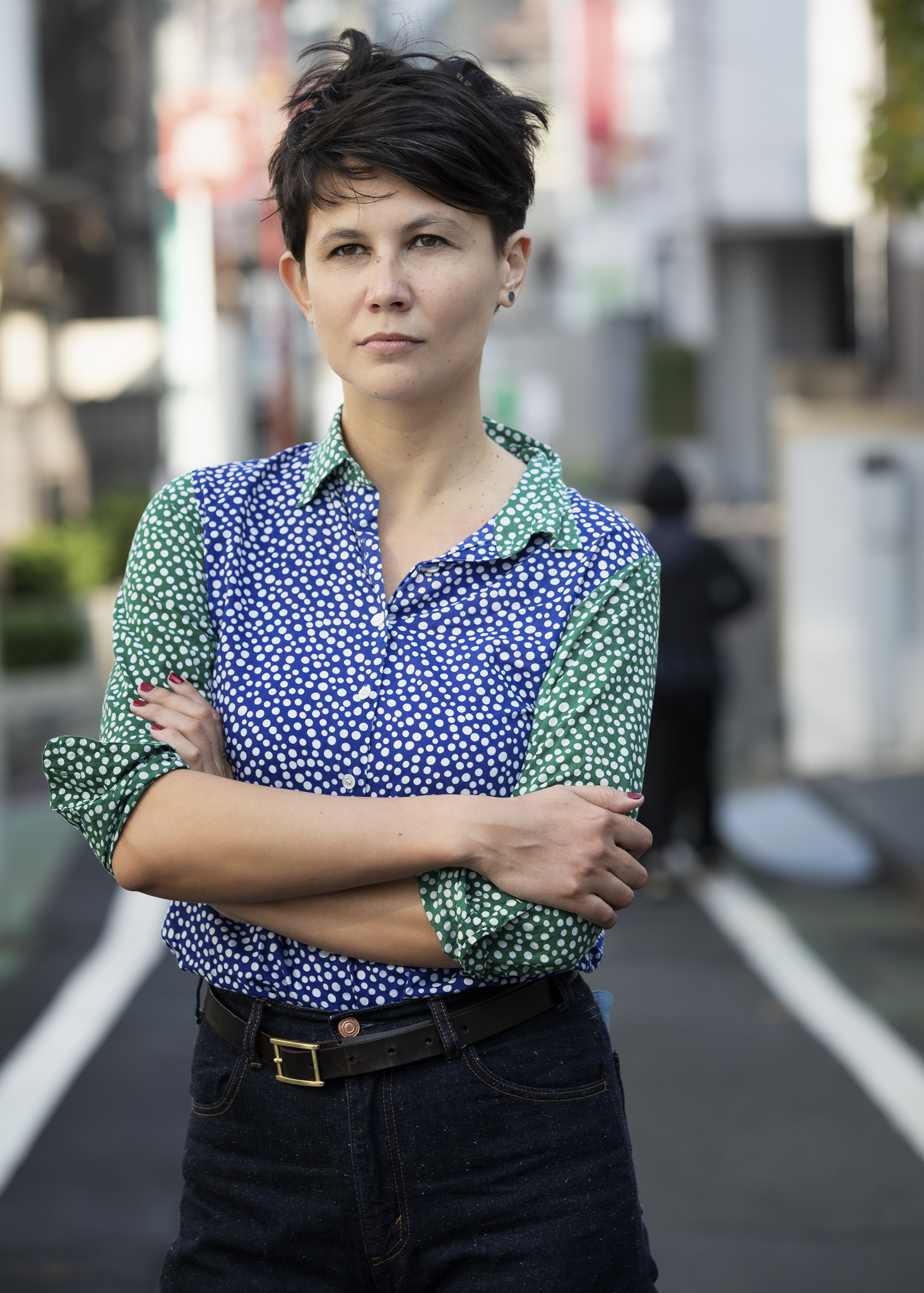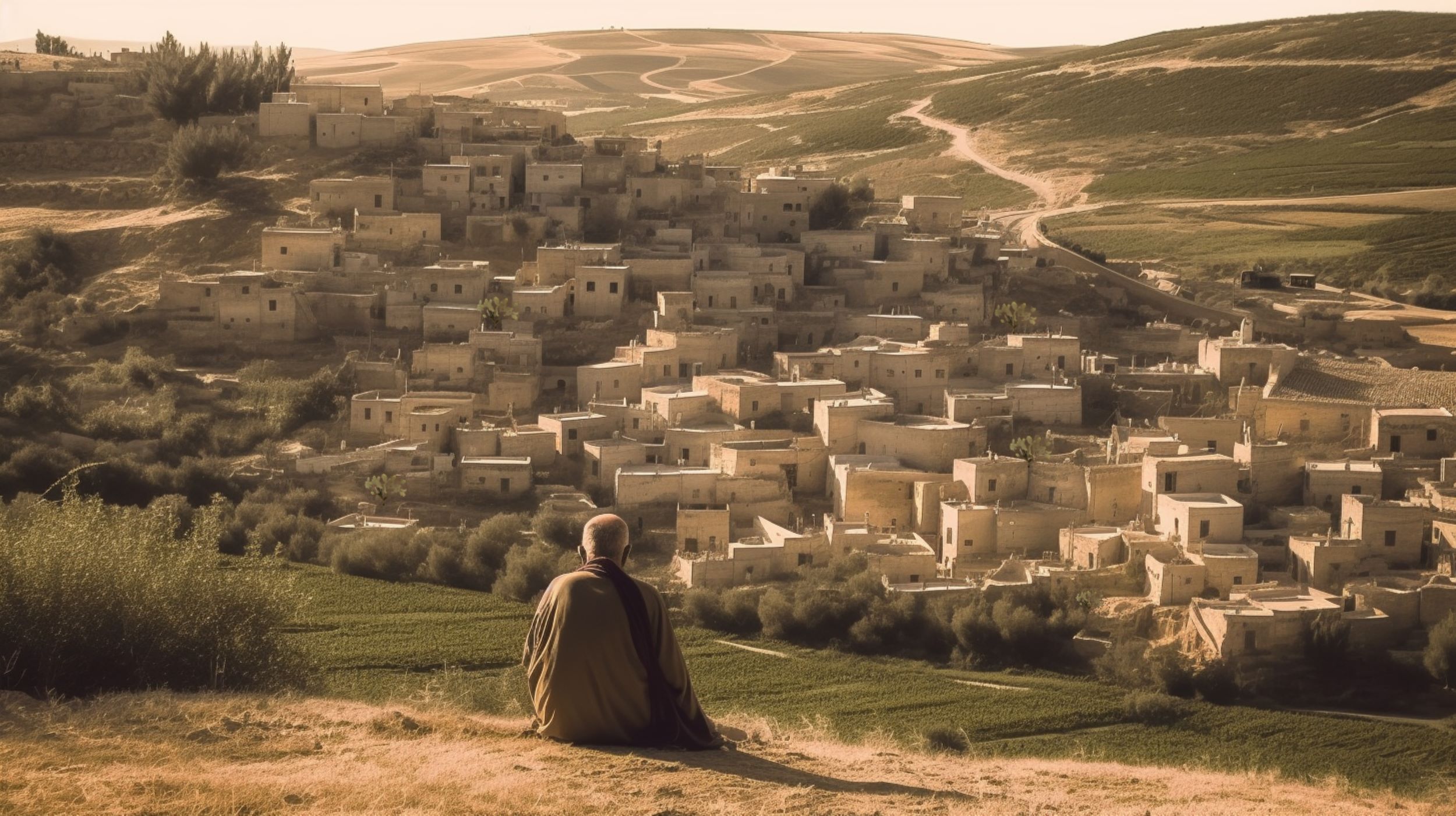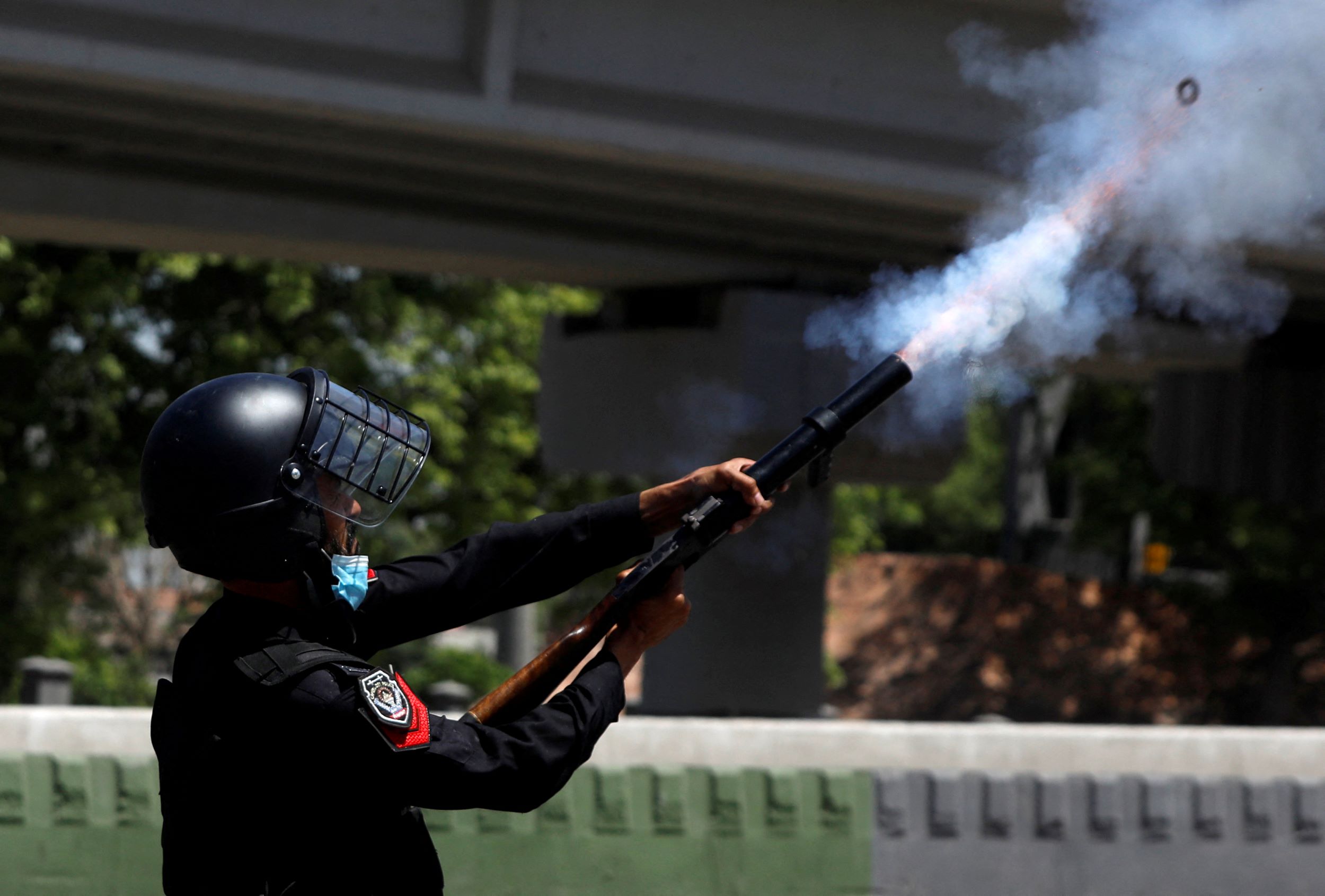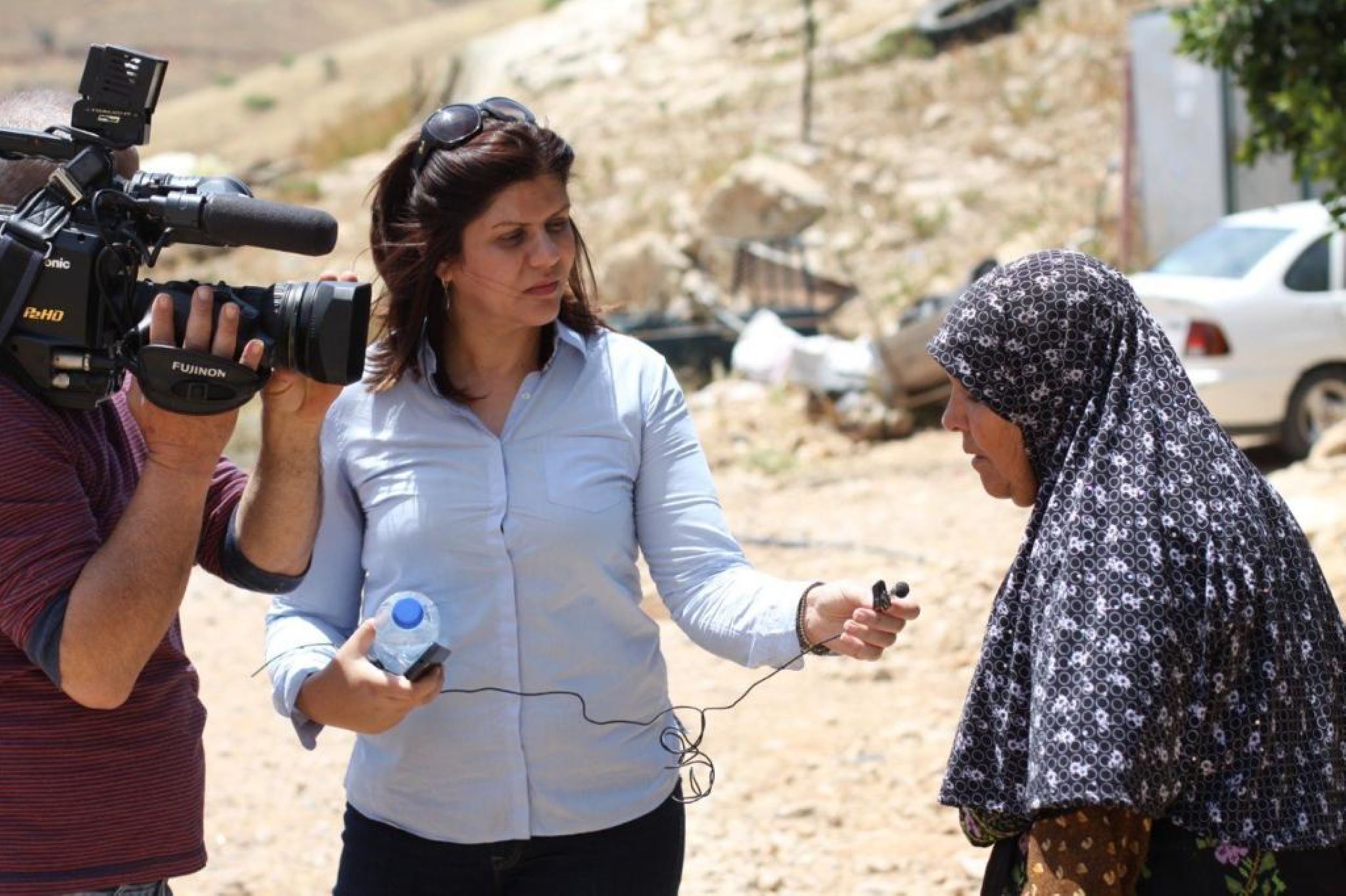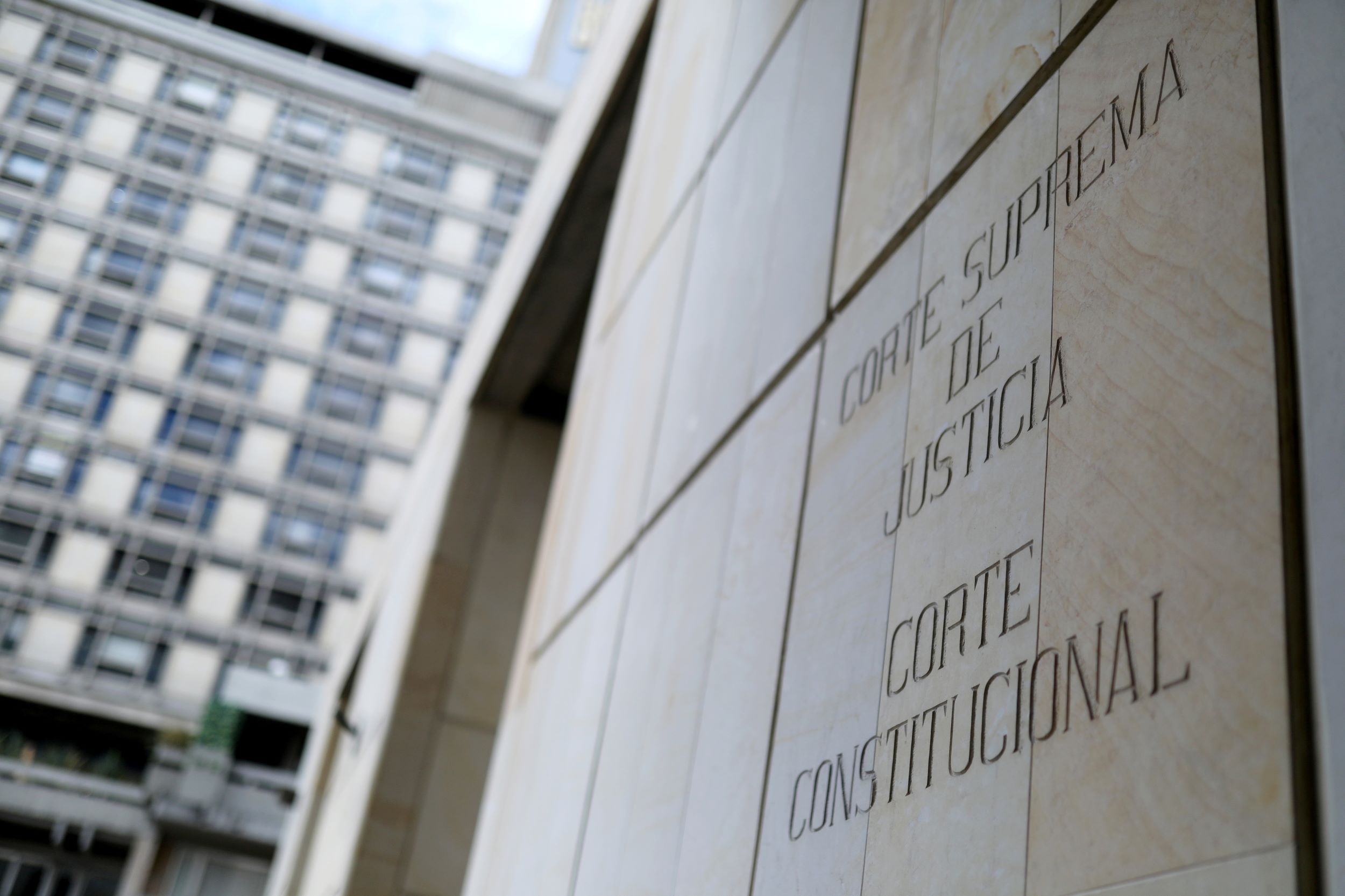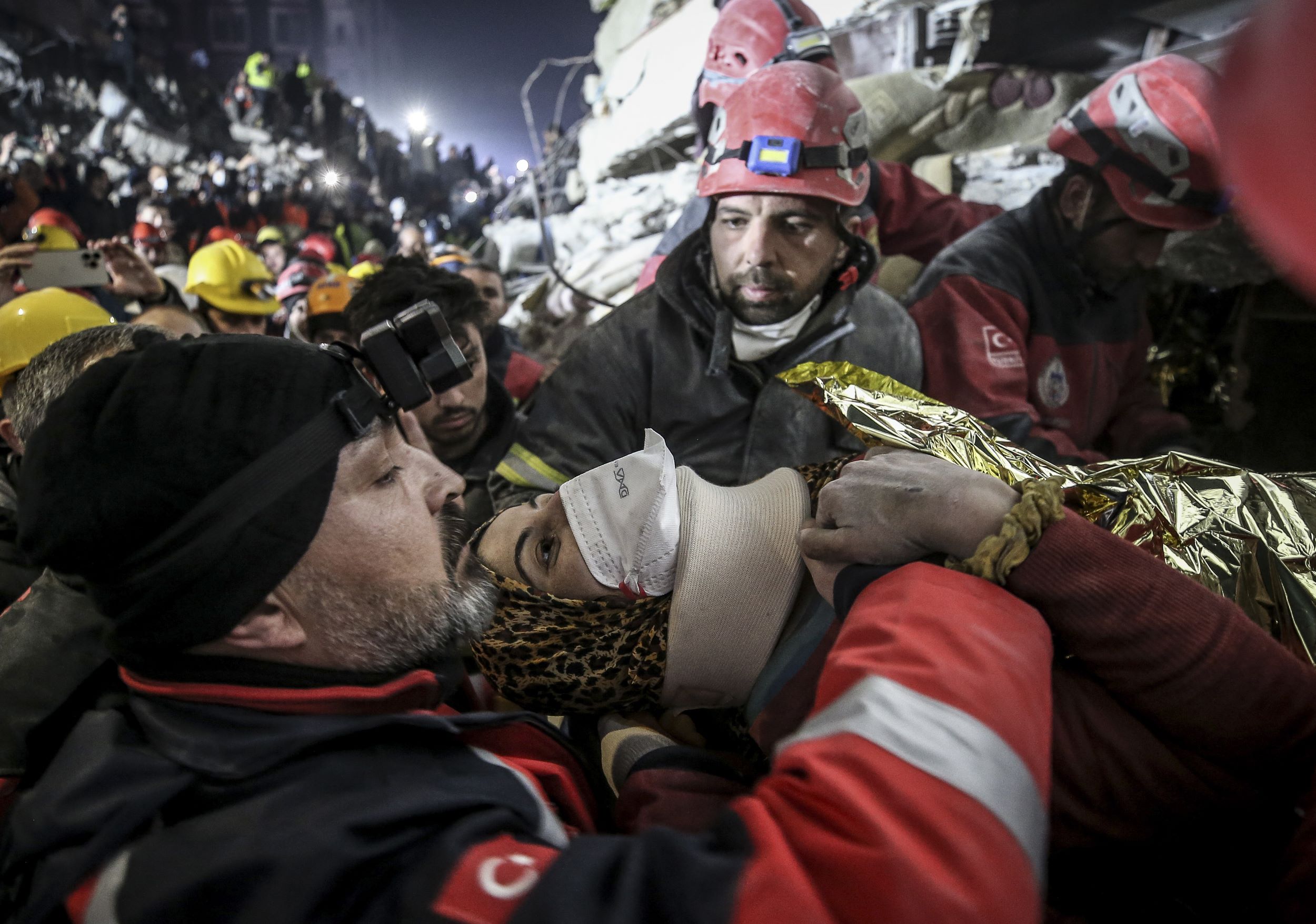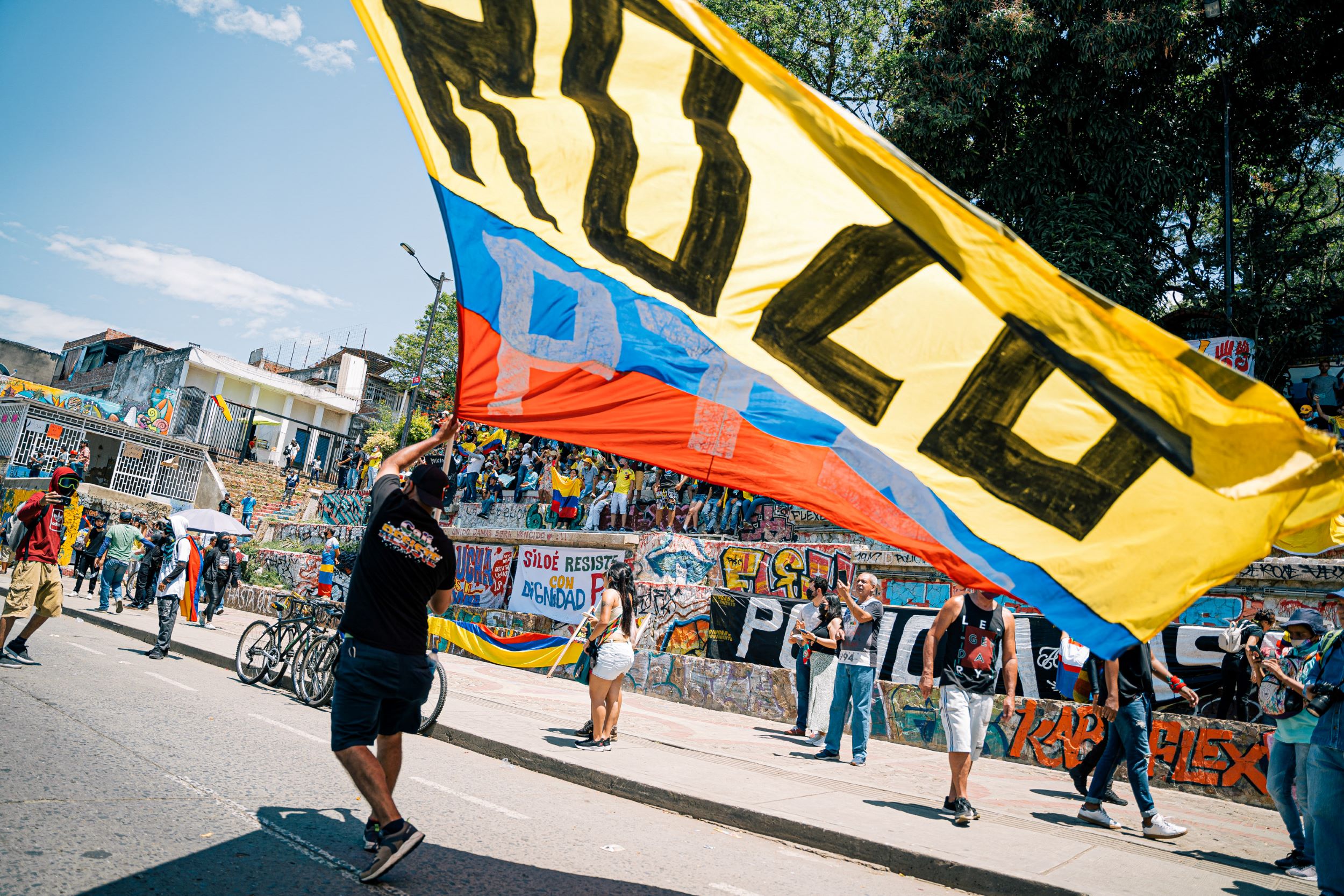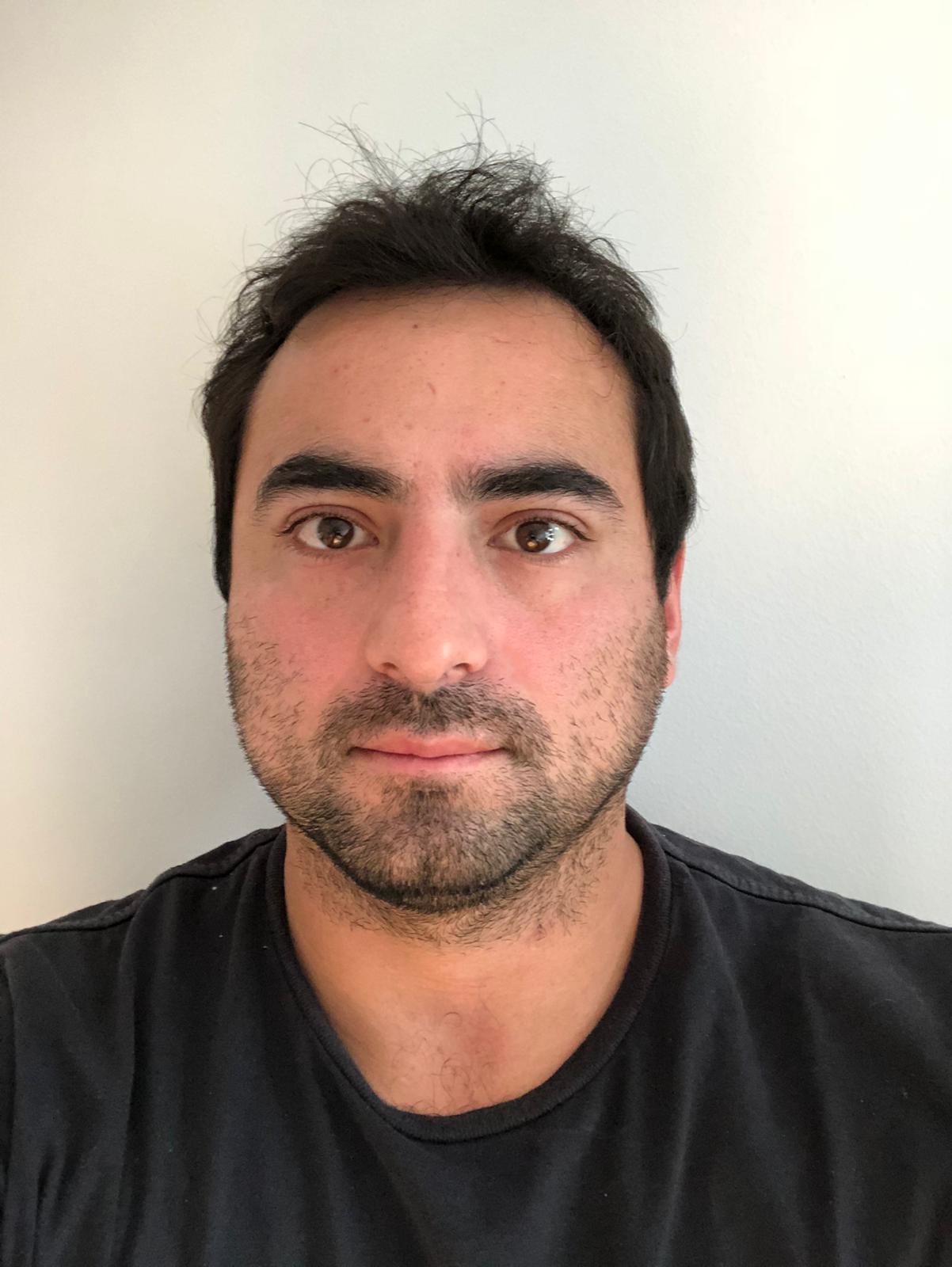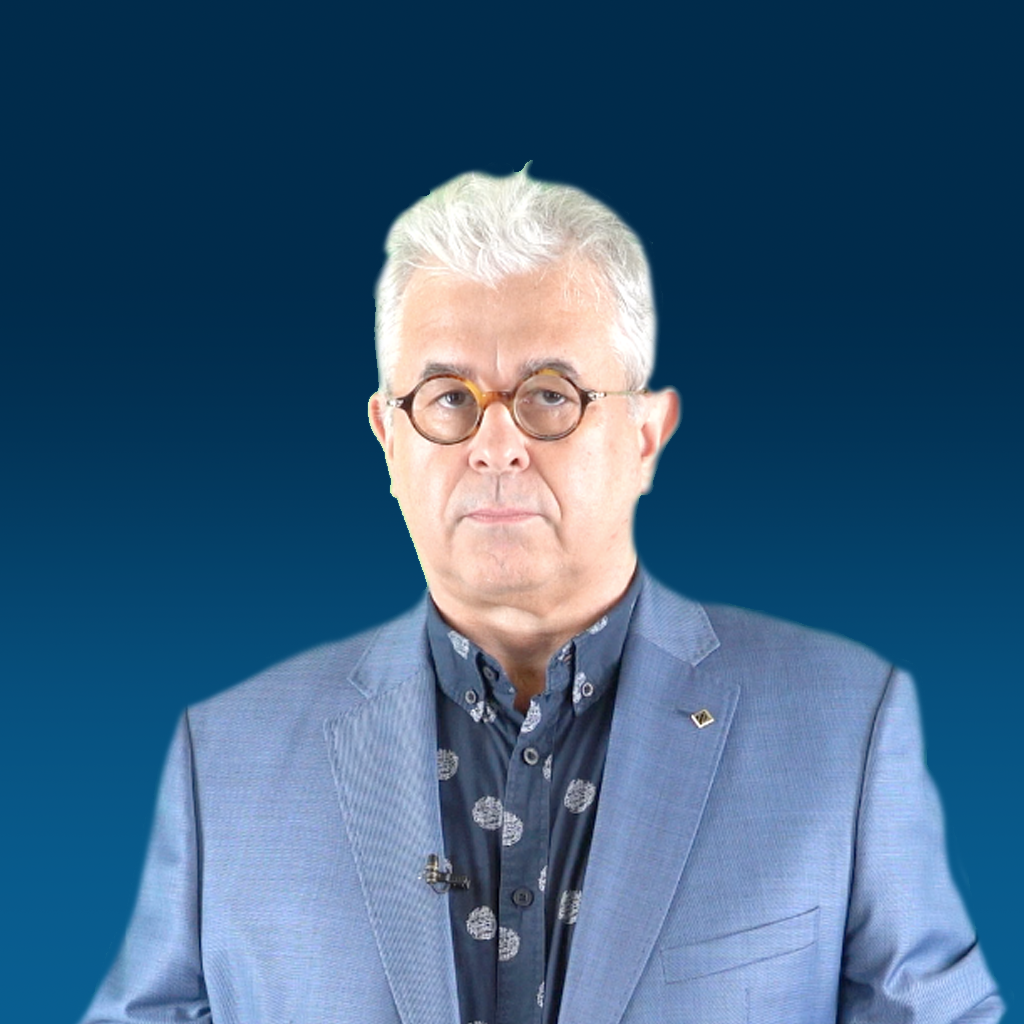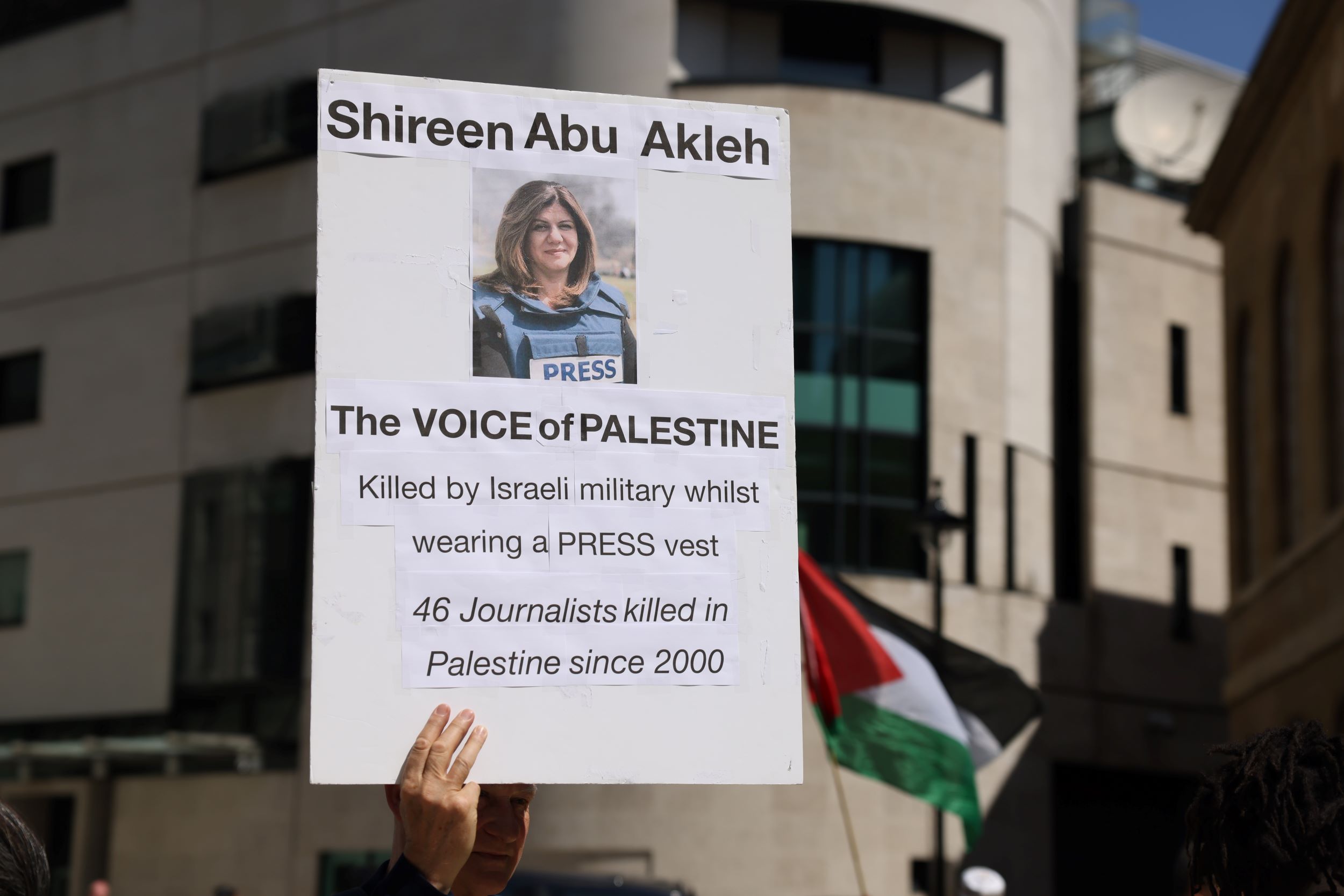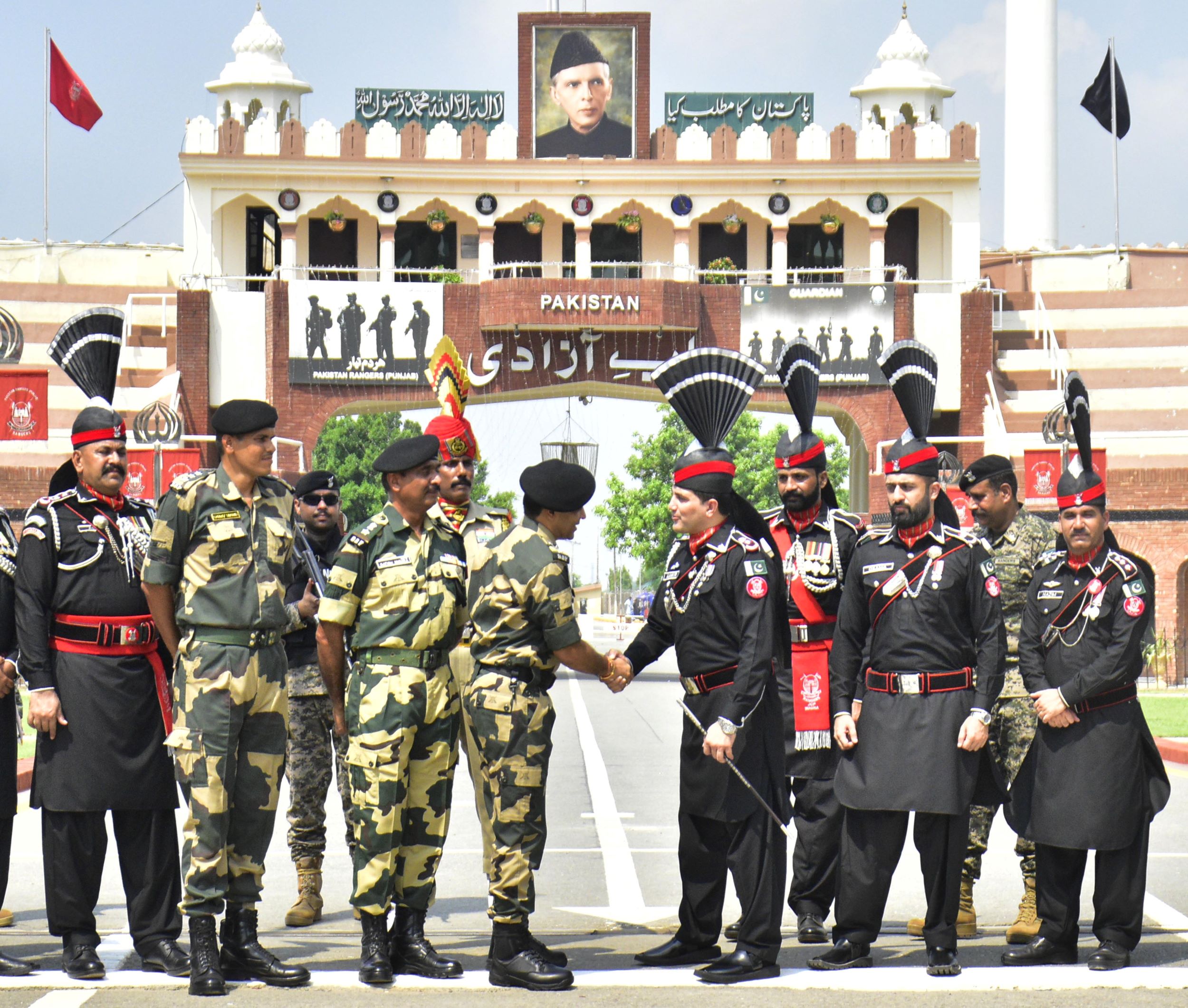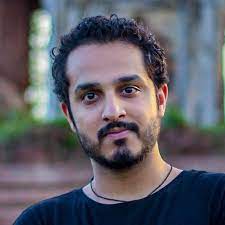لم يحظَ برنامَجُ "بكسر التاء" ذو المنظور النَّسَويِّ، والذي انطلقَت أُولى حلقاتِه في شهر نوفمبر/تشرين الثاني عامَ 2019 برحلة سهلة وممهَّدة.
بل كانت رحلةً محفوفةً بالتحديات والصِّعاب التي تطلّبت من فريق العمل كثيرًا من المرونة؛ للاستمرار بتوفير المساحة الآمنة للنّساء في فضاء الإعلام الضيّق على المرأة في العالَم العربيّ.
تنقسم خليّةُ العمل الأساسيّةُ للبرنامج (نقصد الفريق التحريريّ)، إلى ثلثين من الإناث وثلث من الذكور، الأمرُ الذي ساعد على مناقشة القضايا بالبعد النسوي العميق والمتوازن، دون إقصاء أيّ وجهة نظر في مختلف مراحل نحْت الفكرة وتنفيذها.
من ضمير الغائب إلى المخاطَب
مقدِّمة البرنامَج روعة أوجيه، ترى أنّ المنهجيّةَ التي اعتُمِدت خلال التحضير للبرنامج؛ تسعى لأن يكون قادرًا على خلْق نافذة مؤثرة للمرأة العربيّة، بدلاً من أن يكون -كغيرِه- مجرَّدَ برنامجٍ يخاطبُ المرأةَ بضمير الغائب، أُسْوَةً بالبرامج النسائية العربية الأخرى، التي تحمل في أسمائها ضمائر مثل: "هي" و"لها".
واعتمدت المنهجيّةُ على دراسةٍ أُجريت مع 100 سيّدة من خلفيات تعليمية ومهنية واقتصادية متنوِّعة، لتلمُّس احتياجاتهنّ واستطلاع آرائهنّ في البرامج النسائية الأخرى.
وأفضت الدراسة إلى حقيقة أنّ المرأة العاملة -في الغالب- لا تشاهِدُ مثل هذه البرامج التي لا تخاطب الواقعَ الحقيقيَّ للمرأة، إنما ترسّخُ صورةً نمطية عنها.
ويرمي البرنامج إلى إخراج المرأة من مجال النقاش في قضاياها الخاصة فقط، إلى النقاش في قضايا اجتماعية وسياسية عامة، لكن من منظورها الذاتي؛ كيلا تبقى رهينةَ الأحكامِ المجتمعية، وتحديدِ ما يجب على المرأة فعلُه وما يجب عدمُ فعله.
ووَفقًا لأوجيه، فإنّ البرنامج يحرص على تجنُّبِ "تغريب" القضايا الخاصة بالمرأة العربية، والابتعادِ عن المنظور الاستشراقيّ في طريقة طرح مشكلاتها وهمومها، أو تصويرها كأنّها مستضعَفة، بل يهدف إلى عكس صورة العربية الحقيقية، كشخصية قوية قادرة على مقاومة نظرة المجتمع وضغوطاته وتحيّزاته.
بناء الثقة.. المهمة المستحيلة
بعد بثّ 47 حلْقةً، ترى مقدِّمةُ البرنامج روعة أوجيه أنّ التغذية الراجعة “feed-back” التي حصلت عليها؛ تؤكِّد تمكُّنَها من بناء ثقةٍ بينها وبين جمهورها من النساء.
وتعزو هذه الثقةَ إلى اعتماد البرنامج على سرْدِ تجاربهنّ الشخصية بطريقة تحترم كرامتهنّ الإنسانيّة، بعد أن كان الشّكّ وعدم الثّقة بكيفيّة طرح التجارب الشّخصيّة هو الهاجس الأساسي لدى النساء المشاركات في الحلقات الأولى من البرنامج.
الشَّكُّ الذي رافَقَ البداياتِ الأولى، تحوَّلَ إلى نوعٍ من التحدي فرضتْه رواسبُ بعض نماذج البرامج النسائية الأخرى، والتي "كانت تُشَوِّهُ صورةَ المرأة؛ إمّا بتقديمها بدورِ الضّحيّة بشكلٍ مبالَغٍ فيه، وإمّا بالتركيز على الجزء العاطفي والجدلي؛ الذي يمكن أن يحصل على أعلى نسبة مشاهدات على "يوتيوب"، بصرف النظر كيف تظهر المرأة في القصة"، تقول أوجيه.
والحال أنّ الوضع تغيّر اليوم، حيث بات البرنامج يتلقّى عروضًا واقتراحات من النساء أنفسهنّ؛ لطرح تجاربهنّ الشخصية أو قضاياهنّ من خلاله. وتشرح أوجيه ذلك قائلة: "في حال تواصَلَ طاقم العمل مع نساء لاستضافتهنّ، فالردُّ يكون بأنهنّ على استعداد للمشاركة ومرتاحات لذلك؛ لأنهنّ يعرفْنَ أنّ البرنامج لا يُتاجِر بقضاياهنّ".
لا شكّ أنّه ثمّة سرٌّ وراء البناء السريع للثّقة، والسِّرُّ -حسب أوجيه- هو: "أننا نحترم المرأةَ، ولا نُنَظِّرُ عليها، ولا نفرض عليها وجهةَ نظرٍ ما، لكنْ ندفع الجميعَ لإعادة النظر ببعض المفاهيم النمطية والصور المغلوطة أحيانًا"؛ ذلك لأنّ كلَّ امرأة لها تجربتها الخاصة المطبوعة بظروفها الخاصة، وحسب السياق الذي يحيط بها وطريقة تفاعله مع مشكلتها وتفهّمه لها.
صحافة نسويّة.. أساسها المهنية
"الوصفة" التي اعتمد عليها البرنامج لطرح القضايا النسوية؛ هي الالتزام بالقيم المهنية بصرامة، فالنقاشات التحريرية بهذه القضايا -وخصوصًا الحرجة منها- تستنزف طاقم العمل، كما تؤكد أوجيه؛ الأمرُ الذي يدفعهم إلى تقسيم القضايا الحرجة وعدم طرحها مرة واحدة؛ كيلا يضطرّوا لاستنزاف كل واحدة، والدخول إلى أعماقها جميعها في الوقت نفسه.
تطرح أوجيه مثالًا على إحدى القضايا النسوية الحرجة، وهي حلقة قتل النساء بدعوى الشرف، والتي ربّما توقَّعَ فريقُ العمل وجودَ صعوبات على مستوى معالجة القضية تحريريًّا، ما قد يؤدّي لرفض بثّها، نظرا لحساسية الموضوع، إلاّ أنه تم خلق توازن في التطرق لجوانب الموضوع كافّة، وتم الالتزام بالقواعد المهنية للطّرح الصحفي بحذافيرها، الأمرُ الذي أتاح فرصة لنقاش الموضوع بعمق وبلا مخاوف تحريرية.
وتفرض طبيعة البرنامج التي تركِّزُ على التجارب الشخصية عبئًا إضافيًّا وحسّاسًا؛ يتعلق بطريقة التحقق من المعلومات التي يذكرها الضيوف.
لقد احتاج فريق العمل إلى رفع مستوى الحدس؛ لتقييم ما إذا كانت هذه القصة صحيحة أو لا، وتفنيد شهادات المتحدّثين وتجاربهم الشخصية بسرعة كبيرة، ومن ثَمّ مطالبة المتحدّثين بدلائل تدعم قصّتهم، دون أن يقوم الفريق بتكذيب المتحدثين أو التشكيك في صدق رواياتهم. الجانب المهني الآخر الذي ساعد في تشكيل هوية البرنامج؛ هو وضع المصلحة العامة للنساء العربيات كقيمة عُليا لتحديد أولويات القضايا التي تُطرَح.
وتوضح أوجيه قائلةً: "هناك مواضيع لا تعتبرها المرأة العربية أولوية، فيتم تأجيلها إلى مراحل أبعد في البرنامج، وهناك بعض القضايا نخوض نقاشا حولها، وأشعرُ أنّه لو لم نتطرَّقْ لها فسيكون ذلك أكثرَ فائدةً للنساء، من أن نتطرق لها من زاوية معينة وضمن حدود ضيقة لن تفيد القضية".
جدلية الشكل والمضمون
أحد الدروس التي ترسّخت عند فريق البرنامج -من خلال العمل والممارسة- هو أنّ الشّكلَ أساسيٌّ لتوصيل الفكرة، فالموسمُ الأوّلُ الذي صُوِّرَ بأسلوبٍ سينمائيٍّ وألوانٍ مُعتِمة قليلة السّطوع، لاقى الكثير من التعليقات بأنه يبعث على الكآبة، رغم أنه كان يقدم محتوىً مميَّزا.
ولم تستطع الحلقات الأولى -التي ركّزت على تجارب نساءٍ واجهْنَ مشكلاتٍ صعبةً ومعقّدة وتحدَّيْنها وتقدَّمْنَ إلى الحلول- مِن أنْ تبثَّ الروحَ الإيجابيةَ التي سعى إليها البرنامج؛ لأنّ الصورة المُعتِمة التي ظهرت على الشاشة لم تخدم المحتوى الذي كان يُطرَح.
وتضيف أوجيه في السياق نفسه: "كان هناك شعور بالتوتر والتشنج خلال الحديث؛ لأننا اتّبعنا أسلوبًا سينمائيًّا مُعْتِمًا جدًّا من ناحية توظيف الصورة. وتعلّمنا أنْ نقوم بتفتيح الصورة، والتصوير بإضاءة نهارية.
وحتى في طريقة ترتيب الحلقة، أصبحنا نتدخّل، ونضع تعليمات لفريق الإخراج؛ كي نضمن أن يكون الشكل أقلَّ قتامةً".
بالنسبة لأوجيه، فإن "الخطأ الأساسي أننا تعاملْنا معه كمشروع سينمائي، لكن على التليفزيون يمكن تحسين الصورة، وتبث عليه الصورة السينمائية لترفع من جودتها، لكن لا تستطيع أن تقدم الحبكة نفسها والعتمة نفسها والتوتر نفسه للشاشة الصغيرة".
لسنا في مواجهة
تعتبر أوجيه أنّ فلسفلة البرنامج تقوم على أنّ الرجال والنساء ليسوا في مواجهة بعضهم بعضا، إنما هي مساحة لإظهار وجهات نظر المرأة حول القضايا العامة، ولتقريب تجاربها وما تعيشه من قضايا تخصُّها وحدَها.
وعلى الرغم من أنّ هناك قضايا تَمَسُّ المرأةَ فقط، لكنّها -كالرَّجُل- جزء من المجتمع، وبالتالي فإنّ أيّ تغيير في واقعها يحتاج إلى شراكة الرّجلِ وإشراكه في الحلّ، وأيّ موضوعٍ آخر لا يخصّ المرأةَ وحدَها فمن المهم التأكُّد من حضورها فيه.
وتضيف أوجيه: "نحن نحاول أن نُشرِكَ الرجلَ دائمًا، ونذكّرَه بأن يكون الشريكَ الذي يقف معنا لا شريكا للطغيان. وأنا مؤمنة أنّنا نساءً ورجالًا نواجه منظومةً واحدة، تكون أحيانًا قاسيةً على كِلَيْنا، وتريد أن تُعَلِّبَ كِلَيْنا بصورة نمطية محددة، وفي قوالب محددة".
وتختم، بأنّ ما يحرص عليه البرنامج هو طرح تساؤلات حول: "لماذا يسكت الرجل على الانتهاكات التي يمارسها رجال آخرون ضد النساء؟"






